Real Estate
An industrial city once known for scrapyards and smokestacks has become one of Greater Boston’s few pockets where multifamily projects get built — and quickly.
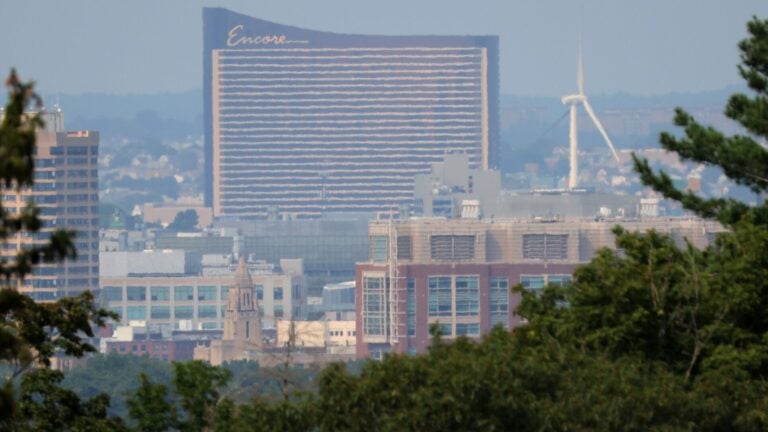
It’s a $2.6 billion housing chicken-or-egg question.
Industrial Everett wasn’t exactly a development hot spot before 2014, when the Massachusetts Gaming Commission cleared the way for Wynn Resorts’ Encore Boston Harbor — a multibillion-dollar, 33-acre casino resort just steps from the Costco-anchored Gateway Center (a different kind of development icon, some would argue).
Encore opened in 2019 along the Mystic River, and five years later, the surrounding city doesn’t quite resemble the same blue-collar enclave of yesteryear. The gaming mecca may not have single-handedly reinvented Everett, but it did accelerate a redevelopment boom that now stretches from the chiming slot machines of Encore to the gritty edges of the Commercial Triangle, a roughly 100-acre swath of former scrapyards and warehouses between the Revere Beach Parkway, Chelsea line, and MBTA rail tracks.
Developers like Greystar, The Davis Companies, and V10 Development are all at various stages of multifamily construction. Don’t forget the Kraft Group’s pursuit of a soccer stadium just up the road.
But not every crane and shovel owes its existence to the casino’s arrival.
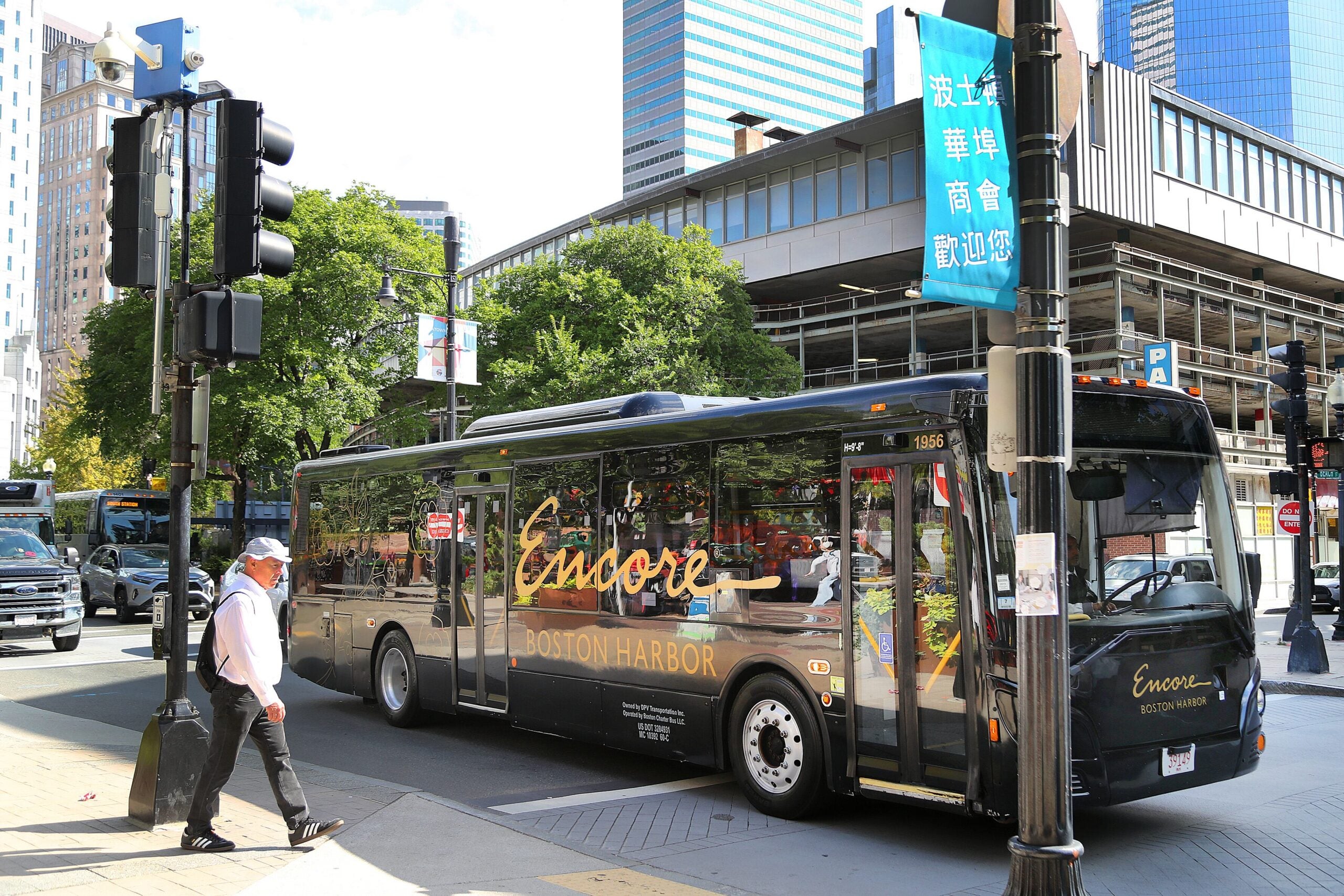
“Encore gave investors a reference point and credibility, but what’s really validated the submarket is performance,” said Ryan Souls, senior director of development at Greystar, which has built multiple projects in Everett in recent years. “We’ve attracted residents and leased up these buildings at a good clip.”
Home sale data shows just how much the market shifted before and after Encore’s debut.
Everett’s median single-family sale price rose 38.5 percent from 2018 through 2024 — up 30 percent when including condos, according to real estate analytics firm The Warren Group. Combined home and condo sales spiked 36 percent in 2021 before cooling as interest rates jumped from 2.96 to 6.2 percent.
Single-family home values have steadily climbed, to an average of $626,443 through September, according to Zillow, and listings show prices ranging from around $600,000 to $700,000. Condos start at around $325,000 to $400,000, according to Zillow listings at the time of publication.
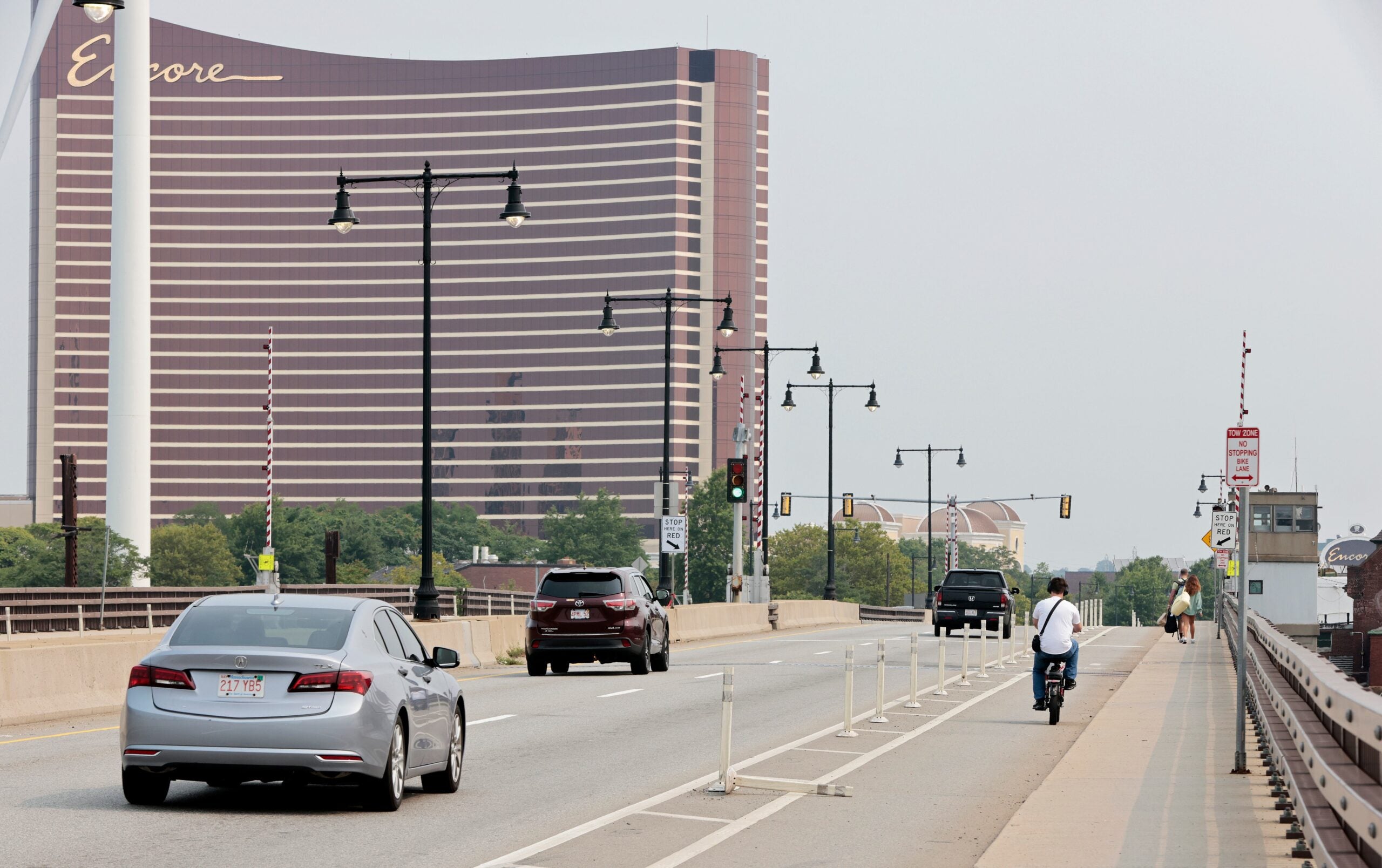
Rezoning and room to grow
Even so, the price gains aren’t the whole story. While neighboring cities like Boston, Somerville, and Cambridge lack large swaths of open, developable land, Everett found something developers crave: room to build and rules that don’t change mid-process.
In 2018, a year before Encore opened, Everett officials rezoned the Commercial Triangle to allow seven-story mixed-use development by right, without the lengthy variance process that drags out projects elsewhere.
“We’re seeing larger-scale projects like the Greystar developments — 700-plus units — getting fully permitted by the Planning Board in two or three months,” said Matt Lattanzi, the city’s planning and development director and a lifelong Everett resident. “Between introduction and actual entitlement, at most it’s about four months for these larger projects.”
That’s lightning speed compared with Boston, where planning and permitting can drag out over lengthy review processes.
Lattanzi added that Everett’s one-table review system — where department heads from fire, police, engineering, and planning meet developers before any public hearings — prevents the endless cycle of revisions that plague neighboring cities.
The result: predictability. And in real estate, predictability is currency.
Lattanzi has watched the city shift from factory town to development boomtown.
“When I was growing up here, Everett wasn’t nice,” he said. “No one ever heard Everett and thought, ‘Oh, it’s a beautiful city. I love going there.’”
Greystar lists studio apartments in Everett apartment complexes as starting at around $2,300 a month.
Property values
That perception is changing fast, and so are the numbers behind it. Property values have soared in the wake of Encore and new construction. The city’s tax rate, Lattanzi noted, has stayed relatively flat, a byproduct of Encore picking up the slack after the Mystic Generating Station’s shutdown, but assessments have doubled for many homeowners.
“It’s been a tough conversation,” he said. “The [property tax] rate hasn’t changed much, but when your property value doubles, so does the bill. Without Encore, our taxes would’ve skyrocketed. With Encore, they’ve stayed about the same, which isn’t the best political soundbite, but it’s the truth.”
For longtime residents, that stability matters, even if it doesn’t feel like relief. For newcomers betting on Everett’s rise, it’s another signal the market’s momentum has legs.
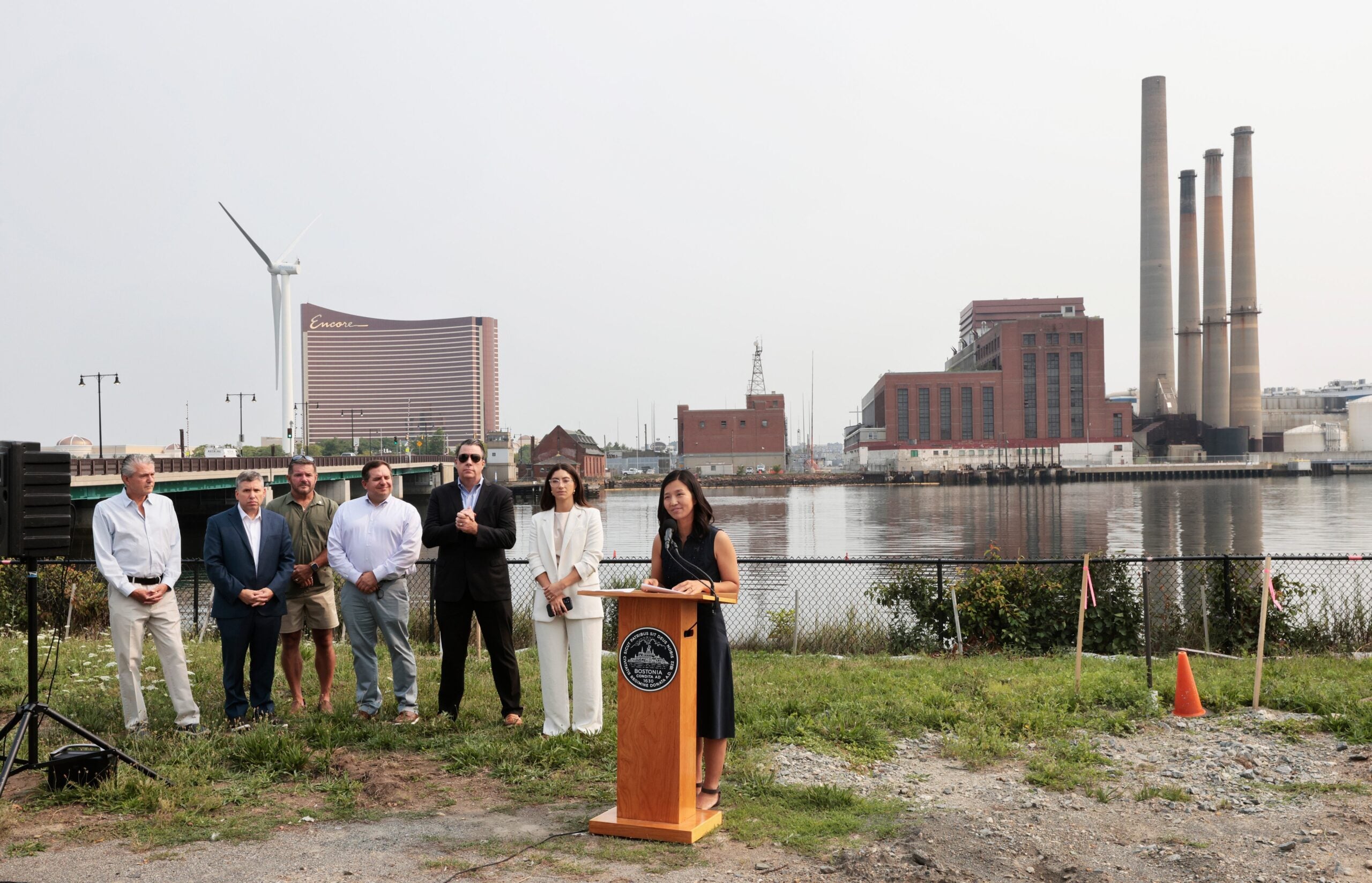
– Pat Greenhouse/Globe Staff
Infrastructure and construction
Since 2019, the Commercial Triangle alone has seen more than 5,000 units permitted and over 3,000 built, Latanzi said, with the city estimating capacity for up to 20,000 units under existing infrastructure.
Developers appear to be following a path of least resistance.
“You really needed to look outside the urban core,” said Souls. “High-rise residential construction in Boston was becoming prohibitively expensive. Everett’s Commercial Triangle is the closest area with enough land for cost-efficient, podium-style housing.”
Everett’s land is cheaper, construction costs are lower, and City Hall answers the phone when a developer calls. That’s a compelling combination for those frustrated with Boston’s slower approvals.
The Davis Companies is betting big on that clarity, advancing a master plan for 100 acres of former Exxon land next to Encore.
“Mayor DeMaria and his team recognized that Everett’s time was now,” said Mike Cantalupa, chief development officer at Davis. “We believe the Lower Broadway section can accommodate a wide mix of uses — critically needed housing, clean energy, advanced research, and high-tech manufacturing.”
That mix of housing next to industry and energy infrastructure could make Everett more of a hybrid of innovation district and working-class holdout.
The public-investment tailwinds are building, too. The Silver Line transit expansion is slated to run through Everett with multiple stops. A pedestrian bridge linking Assembly Row in Somerville to Encore is slated to move ahead next year, and Everett continues to vie for new commuter stations and public transit options.
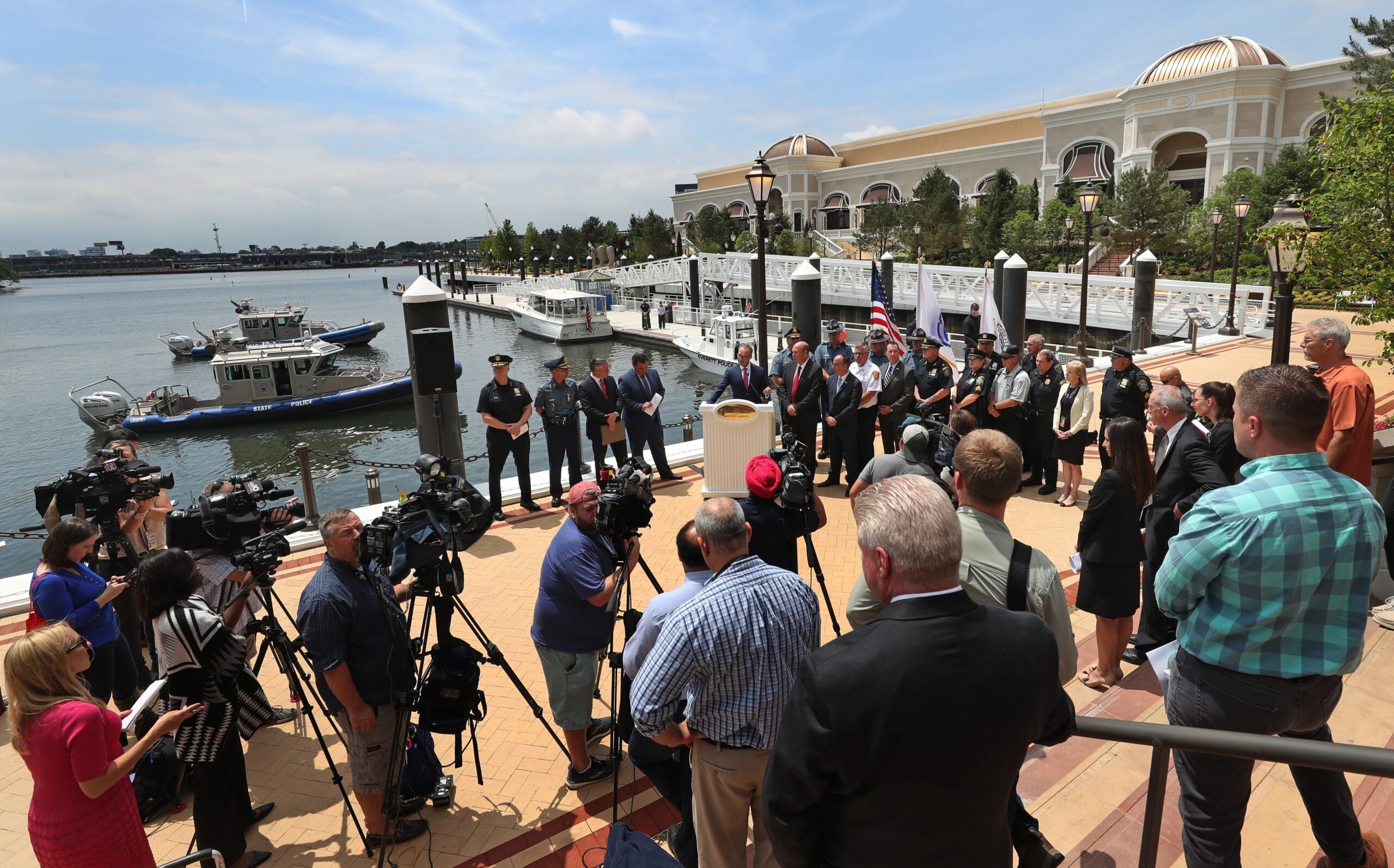
“I don’t think the T wanted to get people to a scrap yard,” Lattanzi said with a laugh. “They want to get folks to their homes, their jobs, and places to recreate. Those investments probably don’t happen without Encore, without Davis, without Kraft.”
To keep some affordability in reach, Everett requires developers to build inclusionary units on-site (no buyouts allowed) and collects linkage fees ($1,000 per new housing unit, plus a per-square-foot fee on commercial projects). Those funds help deepen affordability levels or finance new income-restricted housing without tapping local taxpayers.
Still, displacement pressures are real. Longtime homeowners see rising assessments. Renters face trickier math. And while the casino’s payroll and property-tax windfall replaced lost power-plant revenue, it hasn’t translated to lighter bills for residents: just fewer catastrophic hikes.
But for now, Everett’s gamble seems to be paying off: an industrial city once known for scrapyards and smokestacks has become one of Greater Boston’s few pockets where multifamily projects get built and built quickly.
Everett’s success rests on something rarer than a royal flush in Massachusetts development circles: rules that reward speed, clarity, and follow-through.
Address Newsletter
Our weekly digest on buying, selling, and design, with expert advice and insider neighborhood knowledge.



